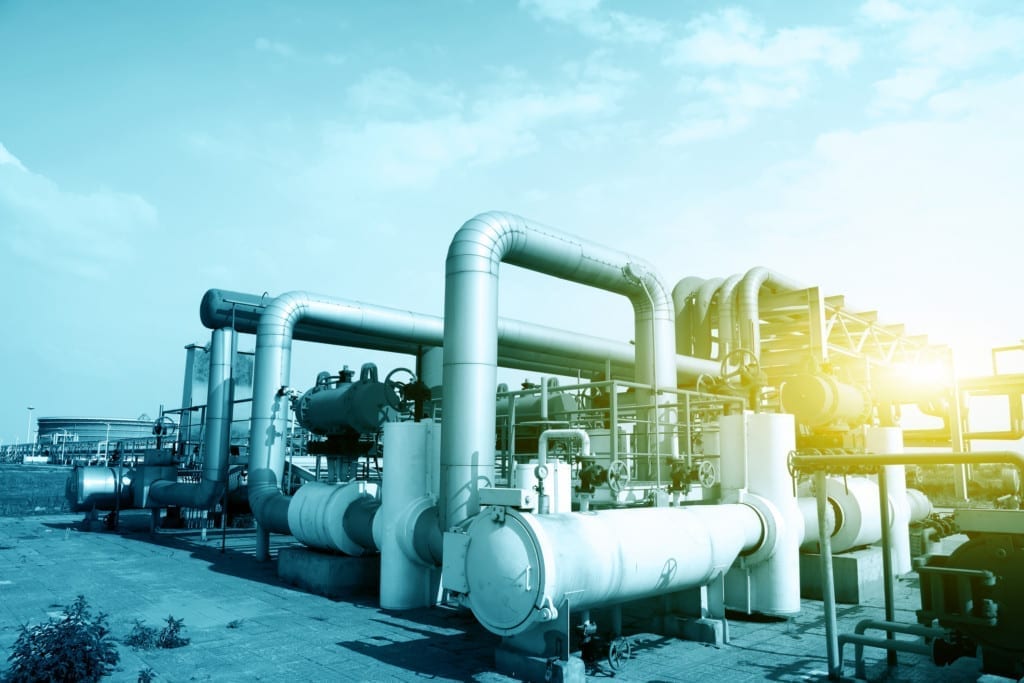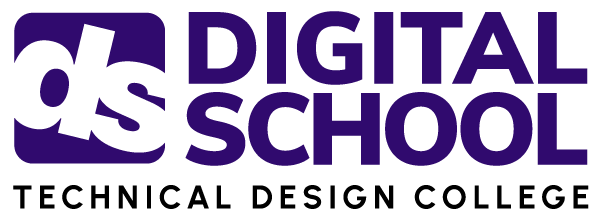Choosing to focus your education with a specialization in process piping design teaches you skills to work on functional equipment. This enhances your career opportunities and equips you with knowledge about process flow and pipe route efficiency.
Process equipment serves to move, contain and store fluids. These fluids are used for products and purposes unrelated to the inner workings of a building. Industries that need process equipment include pharmaceutical, chemical, petroleum and textile. While often confused with plumbing equipment, process equipment differs in that it is not part of the mechanical systems, such as power, heating or cooling, of a facility.
Read on for some of the equipment you might help design with your process piping education.
How Process Piping Training Could Lead to Pressure Relieving Devices
Learning about process piping design includes developing an understanding of safety standards and how pressure ratings relate to them. In petroleum and chemical industries, pressure relieving devices can serve to maintain safe levels inside of storage components. This prevents over-pressurization that can cause combustion or damage. An example of the need for this would be a gas moving from a high pressure container into one that requires lower pressure.
Different types of pressure relieving devices are used, such as valves, rupture disk devices and pin-actuated mechanisms. Valves act to relieve pressure when it rises above what is safe or optimal, activating when the pressure rises. While valves can open and close, a rupture disk is a similar device that does not close again once activated and broken open. Pin-actuated devices are also irreversible and feature a piston that moves to open a passage when activated by the pin holding it in place breaking. Your investment in process piping training will help you use this knowledge to draw and use data to improve upon and design processes. Pressure relief is an integral part of many of these systems.

How a Process Piping Specialization Helps You Understand Pumps
Pumps in a system exert the force required to move fluids between points. They must be designed to work optimally for the desired flow of materials. Both centrifugal pumps and positive displacement pumps are common types.
Positive displacement pumps operate using suction generated by the expansion of a cavity. Once inside, the fluid can be directed out in the appropriate direction using force generated by collapsing the cavity. Centrifugal pumps use rotation to pull and push fluid through a system. With a fundamental understanding of efficiency from a process piping diploma, you will be better equipped to help with designs that use pumps.
Why Filters Are an Important Part of Designing Process Piping
Filters are responsible for ensuring purity and usability of a fluid. Processes often need to remove extra substances that are unwanted, dangerous or suboptimal for the function and intended use of materials. Dust, debris and contaminants can find their way into fluids, which makes filters very important, particularly in the oil and gas industries. These are sectors that obtain crude materials and convert them into usable products. A process piping specialization may lead you to a career working in one of these industries, where designs must meet regulations and standards. Filters play a large role in this as they help products achieve certain quality and purity standards.
For example, when oil is extracted, it needs to be separated from the saltwater that often comes along with it. This water contains harmful elements that need to be removed through filtering, before the water can be safely disposed of.
Do you want to learn more about process piping?
Your career awaits.

